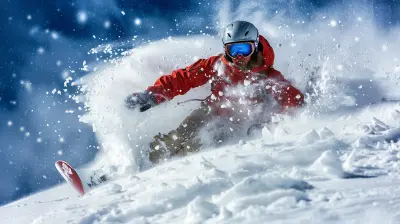The Role of Coaches in Shaping Olympic Champions
3 August 2025
Let’s face it—when an athlete wins gold at the Olympics, we all cheer for the one standing on the podium. But behind every gravity-defying dive, record-breaking sprint, and jaw-dropping gymnastics routine is a coach who’s been pulling the strings like a sports-savvy puppet master.
Coaches don’t just teach you how to throw, run, jump, or stick the landing. Nah, they’re part therapist, part strategist, part drill sergeant, and sometimes… a second parent. So, let’s dive into the lesser-sung but utterly epic role coaches play in turning raw talent into Olympic greatness.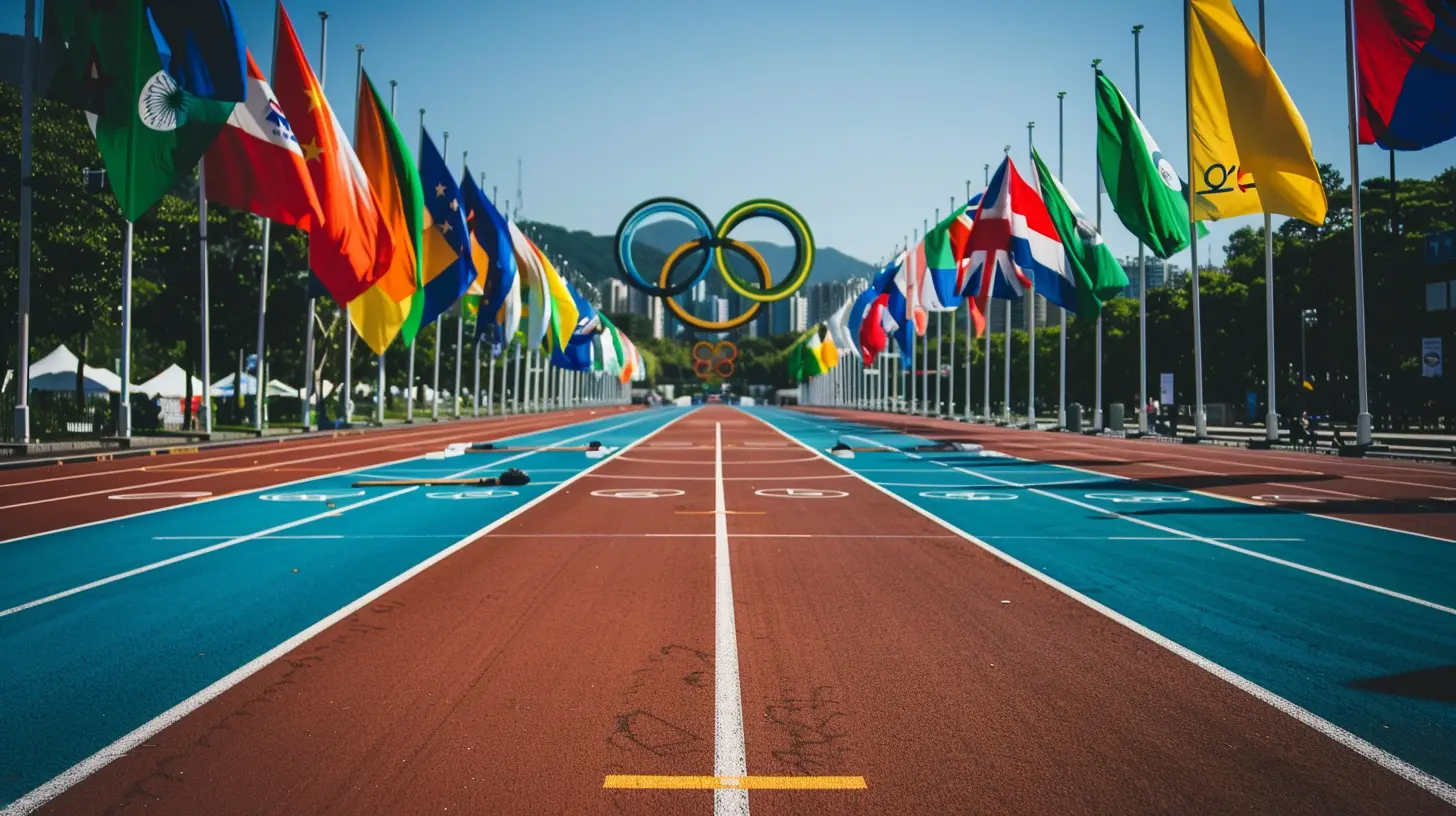
The Unsung Heroes Behind the Curtain
Ever seen a duck glide across a calm pond? Looks smooth and effortless, right? But underneath—those little legs are paddling like crazy. That’s kinda what the relationship between an Olympian and their coach looks like.While the athlete earns the spotlight, their coach is behind the scenes obsessing over technique, analyzing every fraction of a second, and shouting encouragement at all the right (and wrong) times. They’re the calm in the chaos, the brain behind the brawn, and the architect of each performance.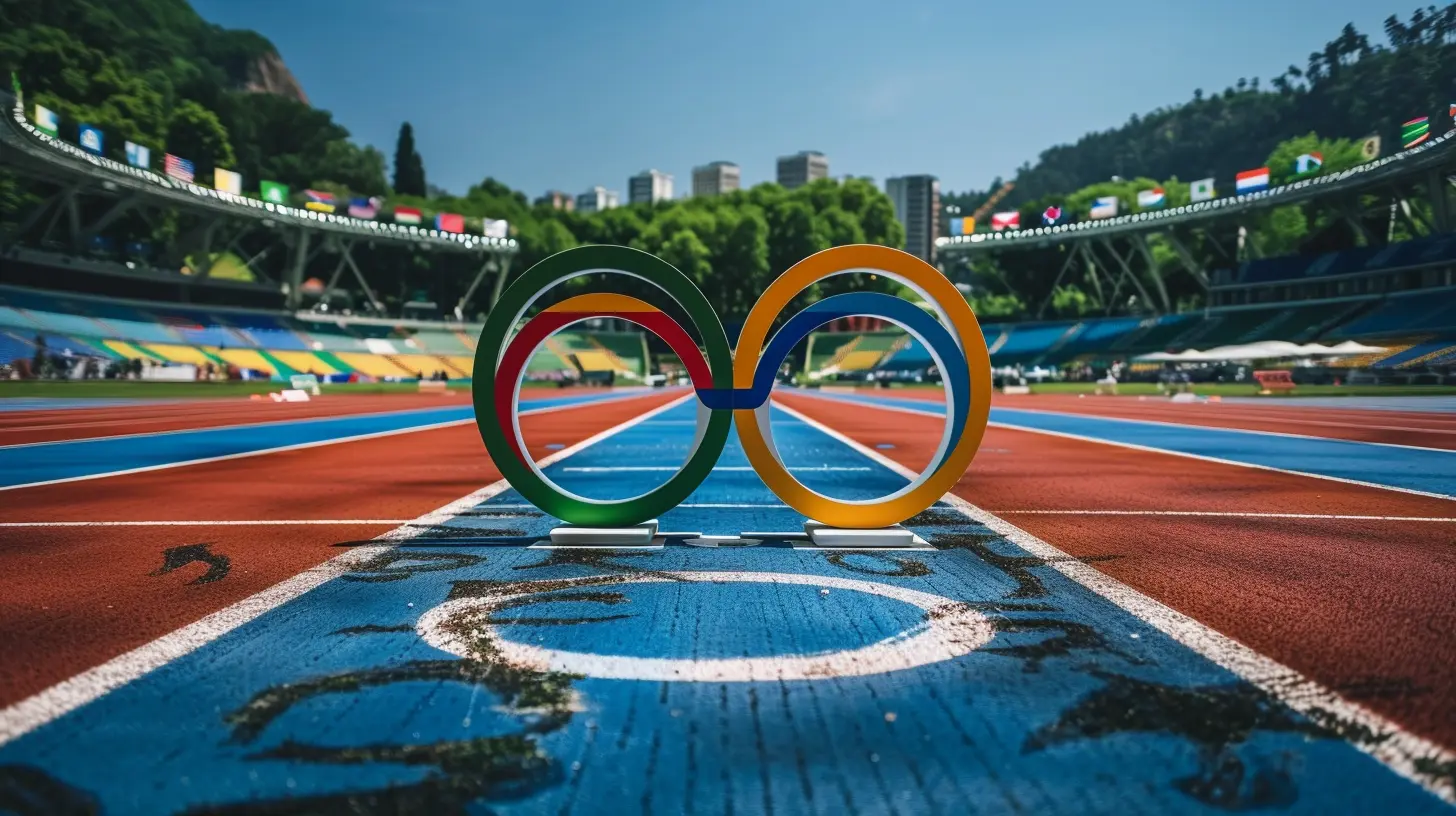
More Than Just Whistles and Stopwatches
A coach does way more than count reps or blow a whistle when it’s time to sprint. At the Olympic level, things get real. We’re talking about managing elite-level pressure, navigating mental health, setting long-term goals, and constantly evolving training strategies.They break down videos, track biometrics, tweak diets, monitor sleep, and turn “okay” into “jaw-droppingly phenomenal.” In short, while athletes bring the fire, coaches are the wind beneath their wings. Yeah, I said it.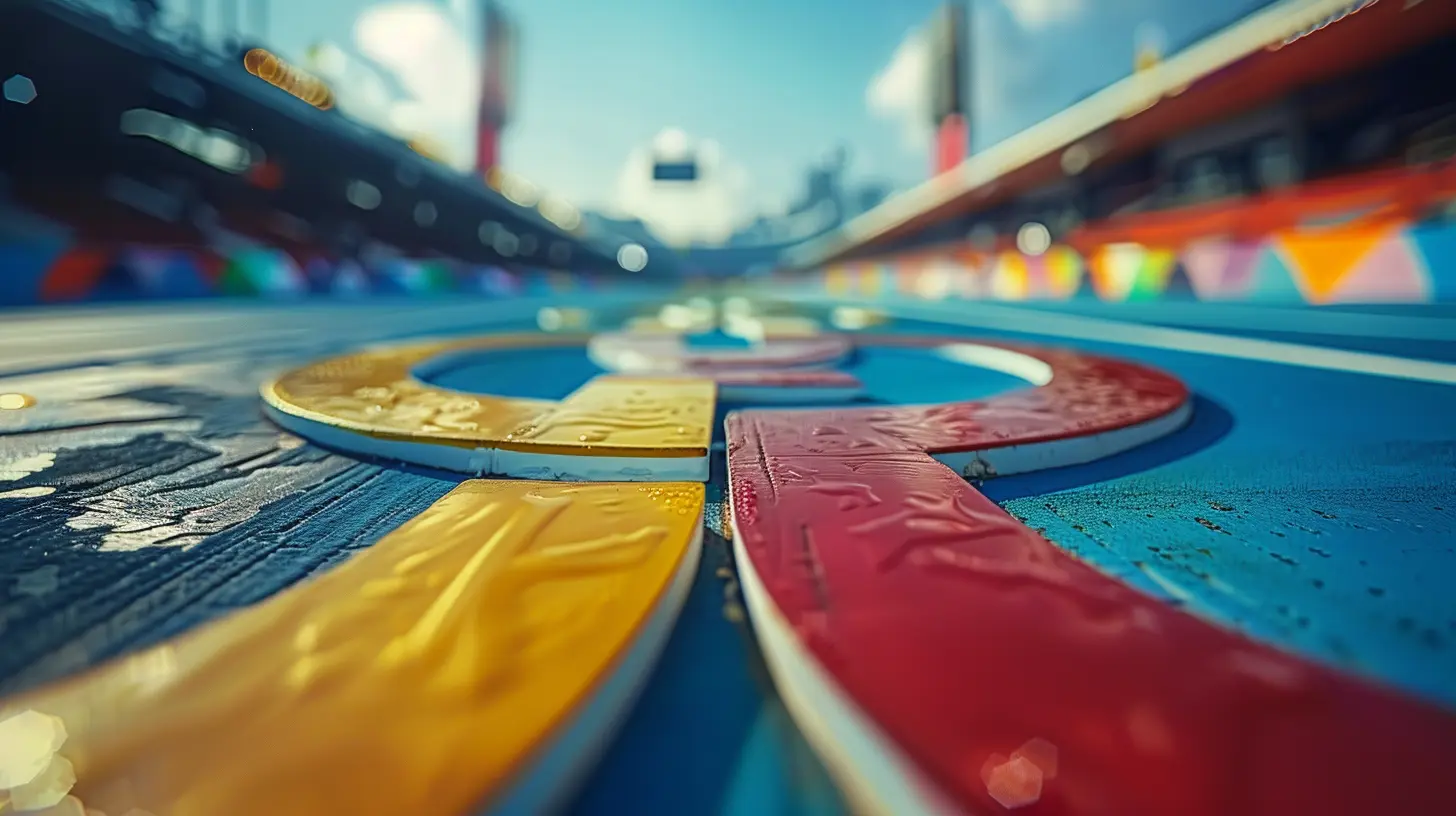
Building the Blueprint for Success
Athletic potential is like clay. It needs careful molding. And who’s sculpting that future gold medalist? You got it—the coach. Here’s what really goes into crafting a champion:1. Identifying Raw Talent
Some coaches have a sixth sense for spotting hidden gems. They’ll see a kid do a somersault or throw a javelin across the schoolyard and go, “Yep, that’s Olympic material.” The ability to recognize and nurture talent early on is crucial.2. Developing Technical Mastery
Technique is everything at the Olympic level. One misplaced step, one slightly off-angle, and boom—medal hopes are toast. Coaches fine-tune every movement so that it becomes second nature. Think of it like coding the human body to perform flawlessly under pressure.3. Creating Mental Toughness
Let’s be real—training is hard. Competing on a global stage with the weight of an entire nation’s hopes? That’s another level. Coaches help build mental resilience. They teach athletes how to stay focused, block out distractions, and bounce back from setbacks like a kangaroo on a trampoline.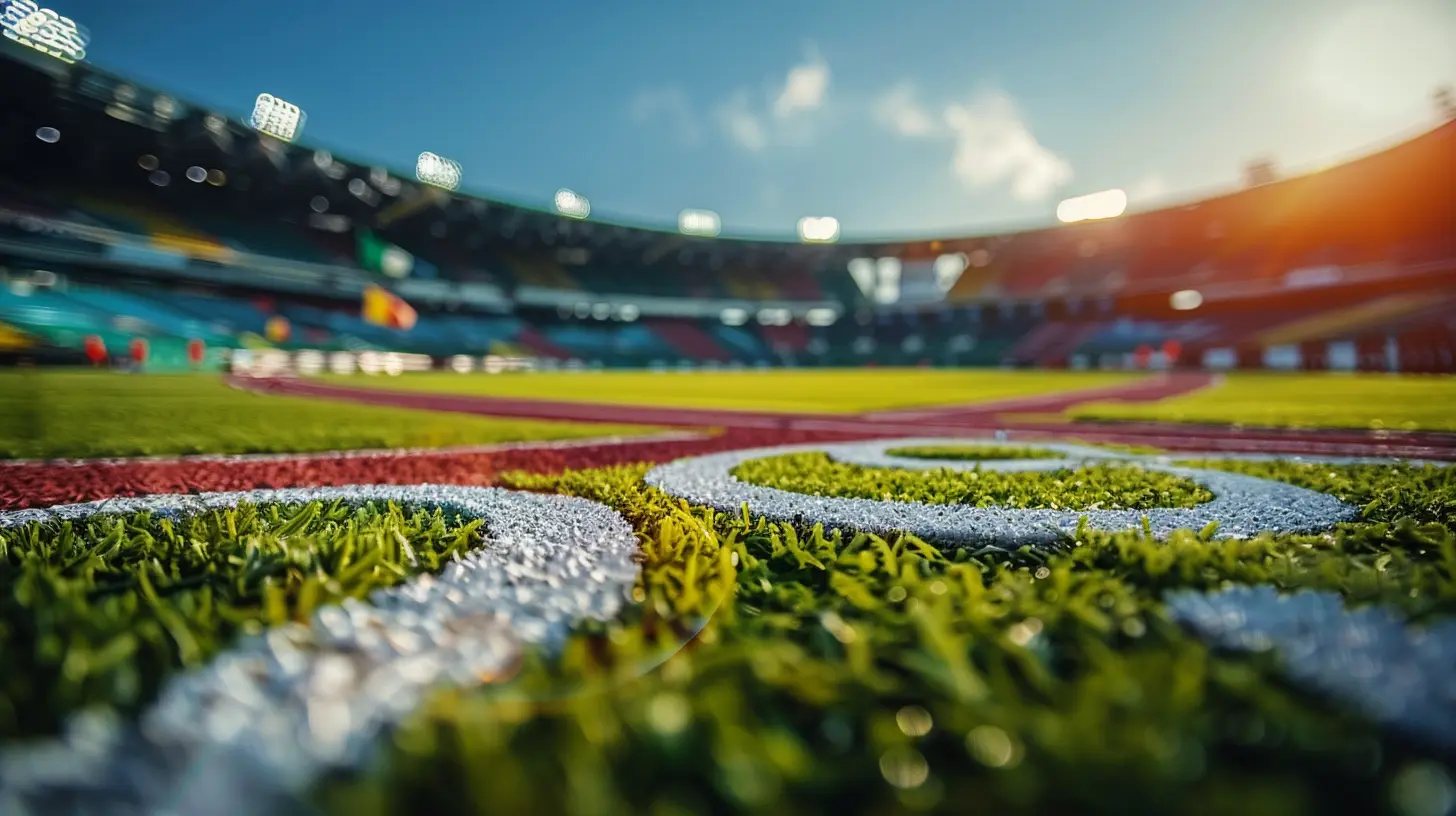
Training Beyond the Physical
You can’t talk about the role of an Olympic coach without diving into the mental and emotional side of things. Sports psychology is no longer just a buzzword—it’s the foundation of modern coaching.Coaches often double as life counselors. They listen when things get tough, talk athletes off the ledge after a bad run, and inject confidence when doubt creeps in. Sometimes it's pep talks, sometimes it's brutal honesty. But it’s always from a place of pushing the athlete toward greatness.
Ever wonder why elite athletes cry when talking about their coach? That’s why.
Personalizing the Process
There’s no one-size-fits-all coaching playbook. What lights a fire under one athlete might completely demoralize another. The best coaches? They know their athletes inside and out—what motivates them, what scares them, what fuels their drive.Some athletes thrive on encouragement, others on constructive criticism. Some need detailed plans, others prefer going with the flow. Great coaches are chameleons—they adapt their style to bring out the best in everyone.
The Science Behind the Sweat
Olympic-level coaching isn’t based on guesswork—it’s fueled by data. We’re talking heart rate variability, muscle recovery patterns, sleep cycles, hydration levels, and even brain wave activity (yep, we’ve gone full science-fiction).Coaches use all this techy stuff to design training regimens that balance intensity with recovery. Because let’s face it—burnout is real, and injuries are the fastest way to derail an Olympic dream.
In fact, modern coaches often work closely with nutritionists, physiologists, physical therapists, and data analysts. It’s a full-on Avengers-style team working toward that one shining moment on the podium.
Long-Term Planning: Playing the Long Game
Olympic preparation isn’t something you cram for like a college exam. We're talking years—sometimes over a decade—of calculated progress. And guess who’s mapping out that marathon plan? Yep, the coach.They design four-year training cycles (called quadrennials, fancy huh?) that mix peaks, plateaus, and rest periods to ensure the athlete hits their absolute peak right when it counts. It’s like baking a cake—you’ve got to take it out of the oven at just the right moment, or it all goes wrong.
Coach-Athlete Chemistry: The Secret Sauce
Let’s get real—chemistry matters. Not like high school lab coats and beakers, but vibes. Trust. Communication. That unspoken connection where both coach and athlete are perfectly in sync.Some of the most iconic athlete-coach duos—think Michael Phelps and Bob Bowman, Usain Bolt and Glen Mills—weren’t just partnerships. They were collaborations built on mutual respect, loyalty, and shared obsession with being the best.
Without that kind of bond, things can fall apart fast. Egos clash, goals misalign, and consistency spirals. But when the chemistry is right? Magic happens.
The Role of Feedback and Reinvention
Here’s a truth bomb: coaching is not a “set-it-and-forget-it” gig. The best coaches are constantly learning, constantly tinkering, and always listening. They welcome feedback from their athletes and adjust their methods accordingly.Whether it’s tweaking a training drill or totally overhauling a technique, great coaches aren’t stubborn—they’re strategic. They know staying ahead means being flexible, not fixated.
Handling Pressure and Expectations
Olympic pressure isn't just on the athlete—it’s on the coach, too. Imagine being the one everyone points fingers at when things don’t go as planned. Coaches bear the brunt with stoic faces, knowing their decisions can define careers.But they also act as that protective barrier. They absorb the heat from the media, the federation, and sometimes the families so that their athlete can breathe easy and focus on what really matters—competing.
Famous Coaching Stories That Prove the Point
Let’s throw in some fun trivia, shall we?- Glen Mills, the legendary coach of Usain Bolt, didn’t just focus on speed. He reinvented Bolt’s stride and running posture, unlocking a new level of efficiency that left his rivals eating dust.
- Bob Bowman, Michael Phelps’ longtime coach, was known for throwing curveballs during training—like surprise 5 a.m. sessions or unannounced 10,000-meter swims. Why? To teach Phelps how to stay calm when things didn’t go as planned.
- Toni Minichiello, who coached heptathlete Jessica Ennis-Hill to Olympic glory, focused deeply on injury prevention and mental preparation, giving her the tools to stay consistent over years of competition.
Each of these coaches wasn’t just a guide. They were the heartbeat of the operation.
The Emotional Rollercoaster: Winning and Losing Together
Imagine pouring years of your life into a shared goal and then watching it either hit the jackpot or crash and burn in under 10 seconds. That’s the emotional tightrope coaches walk during every Olympic Games.They’re not just invested professionally—they're all in emotionally. When the athlete crosses the finish line, hits the final mark, or nails that last spin—they win together. And when it goes the other way? They lose together too.
Why Coaches Deserve Their Moment in the Spotlight
Let’s be honest—coaches won’t be standing on the podium. They don’t get to wear the medals. But ask any Olympic champion, and they’ll tell you they wouldn’t be standing there without their coach.These men and women wake up at ungodly hours, sacrifice their personal time, dive deep into analytics, and invest their soul into shaping someone else's dream.
It’s time we celebrated them not just as contributors—but as co-creators of Olympic history.
Final Thoughts
The role of coaches in shaping Olympic champions is monumental. They aren’t just instructors—they are molders of greatness, champions of potential, and caretakers of dreams.So next time you're watching the Olympics and someone shatters a world record or lands a near-impossible routine, take a moment to think about the person just off-camera—the coach. The one who believed in the dream long before the world ever did.
Because behind every Olympic gold lies a coach who gave their all to make it happen.
all images in this post were generated using AI tools
Category:
OlympicsAuthor:

Easton Simmons
Discussion
rate this article
1 comments
Gideon McLoughlin
Great article! It’s inspiring to see how coaches profoundly impact athletes' journeys to greatness. Their guidance and support not only hone skills but also build resilience and confidence. Celebrating these unsung heroes reminds us that teamwork extends beyond the athlete, creating champions both in and out of the arena!
August 29, 2025 at 4:53 AM

Easton Simmons
Thank you for your thoughtful comment! I'm glad you found the article inspiring and that it highlights the crucial role coaches play in developing both athletes and their character.

![The Grit and Glory of [Player Name]: What Drives Them to Succeed](/pictures/blog/small/the-grit-and-glory-of-player-name-what-drives-them-to-succeed_1.webp)
